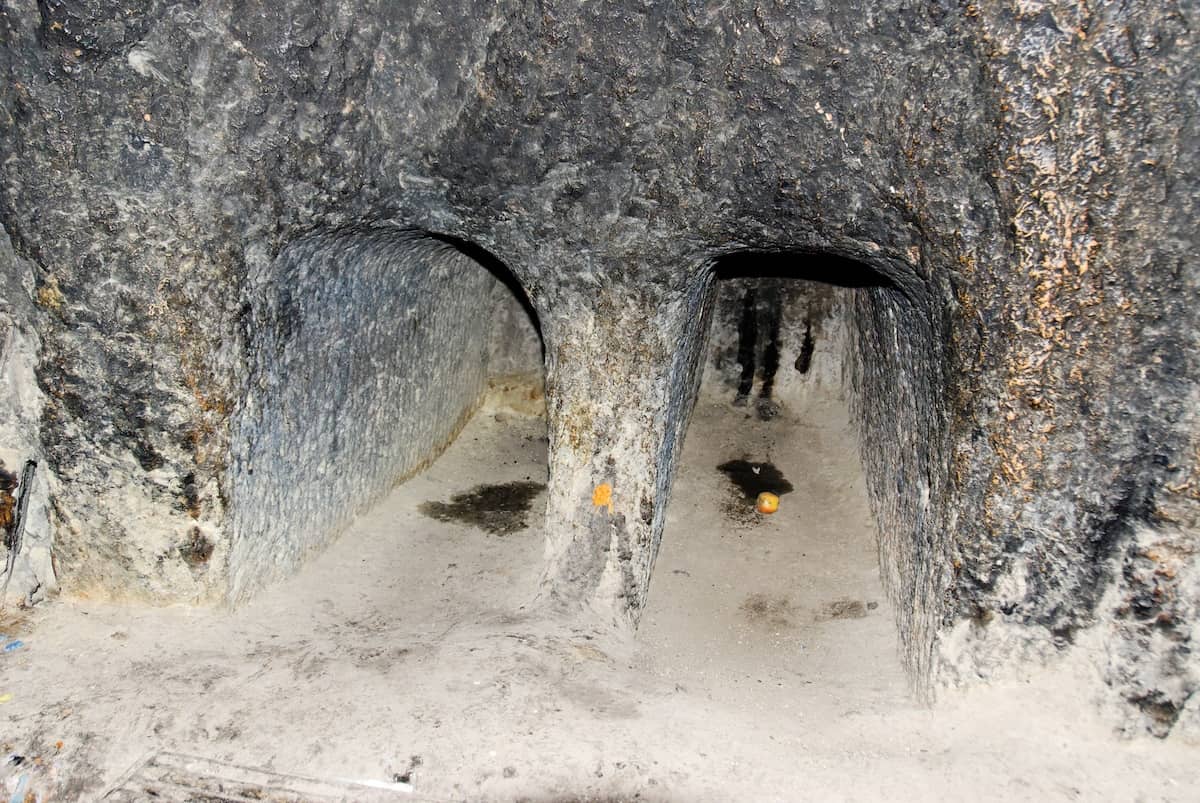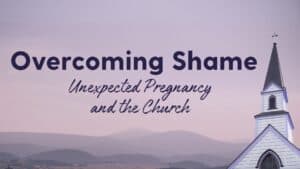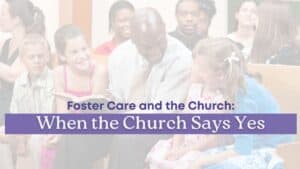Friday Afternoon
Two millennia of Christian believers have championed the great prophecy of the Suffering Servant, Isaiah 53. They see it rightly as portraying the death of the Messiah. But this marvelous chapter also contains something that even Christians often overlook.
Verse 9 includes a fascinating statement about his burial: “And they made his grave with the wicked and with a rich man in his death, although he had done no violence, and there was no deceit in his mouth.” Even though he was sinless, he died with wicked men. But the verse says more than that. It says that his grave was appointed to be with wicked men, but he was with a rich man in his death. The word “wicked” in the first part of verse 9 is plural in Hebrew (reshaim), but the word “rich” in the second part of the verse is singular in Hebrew (ashir). Why the plural “wicked” but a singular “rich” man? A brief look at the Roman practice of crucifixion will answer that question.
Both Isaiah 53 and Psalm 22 are graphic prophetic descriptions of this method of execution. The Romans borrowed it from the Carthaginians and perfected it into a gruesome art. People who were crucified were stripped of their clothes in shame and disgrace. Their hands and feet were pierced, and sometimes their sides were pierced to hasten their death. The amazing thing is that in the time of Isaiah and when David wrote Psalm 22, crucifixion was not used as a method of execution among the Jewish people. It did not appear until hundreds of years later, adopted by the Romans from their enemies in the Punic Wars.
Jewish people have always been very concerned about the burial of a deceased loved one. Reverent hands must take that body, wash it, anoint it, and bury it in a proper tomb. Victims of crucifixion, however, often did not receive those special privileges. They usually cast these bodies into a common grave with other crucified bandits and revolutionaries. There was an exception, however, to that practice in the case of this Galilean. Joseph of Arimathea, a secret believer in the Lord Jesus, interceded for the family and requested His body (Luke 23:50–53). And Pilate granted his request!
Loving hands took the body of Jesus down from the cross, wrapped him, and put him into the tomb, thus fulfilling Isaiah 53:9. How else can we explain, but by the fulfillment of prophecy, the remarkable statement that he was appointed to be with wicked men but that he was with a rich man when he died?
Prayer for Reflection:
“Lord Jesus, help me realize anew after reading this chapter that Isaiah predicted your suffering. I also need to comprehend that you were destined to be slain before the foundation of the world. May I join with the centurion in worship: ‘Surely this man was the son of God.’ I love you because you first loved me.”



















